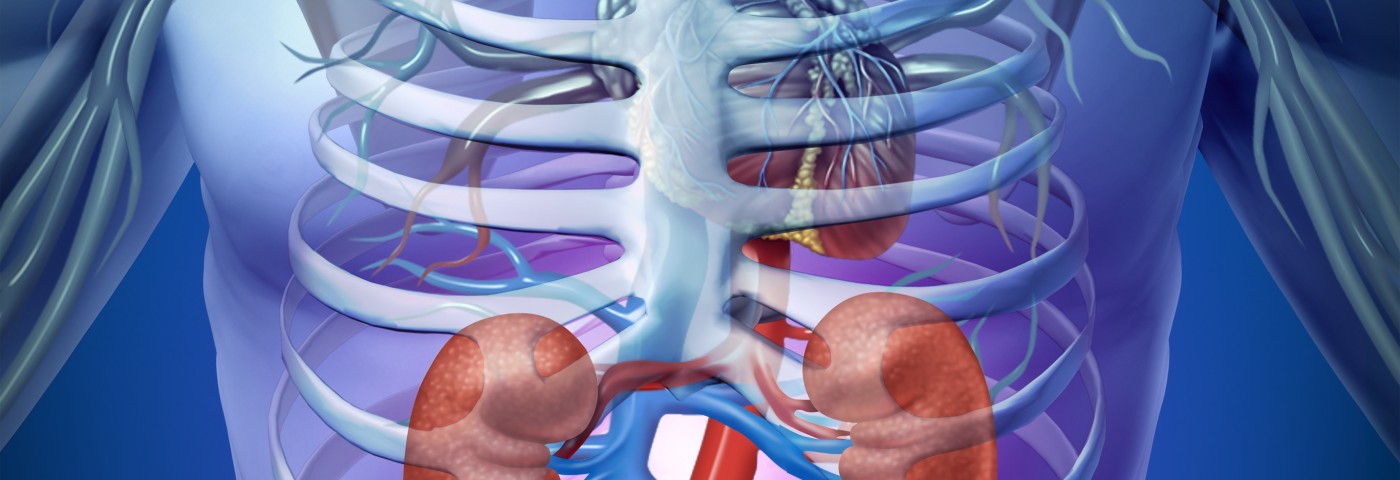Findings from a recent study published in the Journal of the American Society of Nephrology (JASN) suggest that for patients with kidney failure, poor kidney function and immunosuppressant medications may increase the risk of developing different types of cancer highlighting the need for prevention and persistent cancer screening.
Among patients with end stage renal disease (ESRD), cancer risk is affected by kidney dysfunction and by immunosuppression after transplant, and assessing patterns across periods of dialysis and kidney transplantation may inform cancer etiology. In the study titled “Variation in Cancer Incidence among Patients with ESRD during Kidney Function and Nonfunction Intervals,” Elizabeth Yanik, PhD, ScM from the National Cancer Institute, and colleagues evaluated 202,195 kidney transplant candidates and recipients by linking the Scientific Registry of Transplant Recipients and various cancer registries, comparing the incidence in kidney function intervals (time with a transplant) with incidence in nonfunction intervals (waitlist or time after transplant failure), adjusting for demographic factors.
The results revealed clear risk patterns for a number of cancers, corresponding to different intervals in treatment. For instance, the risk for thyroid and kidney cancer was high across all treatment intervals; however, it specifically increased when patients were under dialysis treatment. In contrast, the risk for lung cancer, non-Hodgkin lymphoma, pancreatic, melanoma, and specific skin cancers was found to be higher after kidney transplant, and in those patients who experienced it, before kidney transplant failure. According to the researchers, this may be a consequence of immunosuppressant medications effects that are necessary in patients living with a functioning kidney transplant.
These results strongly indicate that kidney dysfunction and immunosuppressant drug may have relevant effects on the incidence of cancer in patients with kidney failure. “Our study indicates that the needs of individuals with end-stage renal disease, in terms of cancer prevention and cancer screening, will likely differ over time,” said Dr. Yanik in a recent news release. “Vigilance for kidney cancer and thyroid cancer may be of particular importance while these individuals are on dialysis. Extra consideration for screening for melanoma or lung cancer may be called for while taking immunosuppressant medications following a kidney transplant.”
In an accompanying editorial, Wai Lim, PhD (University of Western Australia) and Steven Chadban, PhD (University of Sydney) concluded that “the epidemiologic insights provided by Yanik et al. may have important implications for the pathogenesis and mechanism of cancer development in patients.”

